Quite a few people were excited last week when Google finally gave us an update on Project Ara. The modular phone is still in development, but the Ara team announced that it had tweaked the design, making it less modular than the previous iteration. Unsurprisingly, the news didn’t sit well with Dave Hakkens – the founder of Phonebloks and the modular phone movement. On his blog, Hakkens shared that he was thrilled to see that Google has not abandoned Project Ara, but he takes issue with a two major points.
Reduced modularity
As mentioned above, the latest iteration of Project Ara is less modular than what Google showed off last year. The Ara phone frame now includes the battery, processor, sensors, antenna and display with modular connectivity on the back which allows the phone’s basic functionality to be expanded with a camera, speaker, microphone, secondary display or any other module a third-party manufacturer can dream up.
The 6 little blocky modules on the back of the phone are just add-ons like better camera’s, speakers, scanners etc. Things to customise your phone, for fun. It means your phone still gets obsolete after a while. What if your screen breaks? Well you still need to replace the entire phone. And after a couple of years it gets slow and you need to replace your entire skeleton.
While the Ara phone will be quite modular, the frame of the phone will need to be upgraded and replaced over time. We’re sure that the average person could get two or three years of good use out of a Qualcomm Snapdragon 820 processor, the people who are upgrading their phones every 12 months to get the latest and greatest specs wouldn’t really benefit by jumping into the Ara ecosystem.
Google’s control
The original plan for Project Ara was an open hardware platform to ”create a phone for the entire world.” Hakkens feels like that’s not really achievable with Google calling all the shots.
Everything happens under the umbrella of Google. They are in charge, they make the rules. They can decided to suddenly change the connectors, or design. Making all previous modules you have obsolete. It’s a powerful ecosystem which shouldn’t be in the hands of one organisation.
The point is valid. If Google really wants Project Ara to stand out from other modular phones that are being built and deliver “a phone for the entire world,” Google should be collaborating with Samsung, LG, Sony, Qualcomm and dozens of other component manufacturers to create a unified standard that they can all agree on. Project Ara can’t simply be Google’s project.
We agree with most of Hakkens’ thoughts on Project Ara, but we’d also like to stress that Google is working to deliver a first-generation product. Convincing multiple manufacturers to invest their time and money into an unproven concept is quite a hard task. It would be great if the Ara phone was perfect right out of the gate, but that’s not how things work. If Project Ara is a success when it comes to market, we can guarantee that Google will have major changes to its modular phone platform 2-3 years later. The deign will be tweaked and compatibility with some first-generation Ara modules will break. It’s just the way things work.
Do you think you’ll be buying a first-generation Apa phone when it comes to market next year?

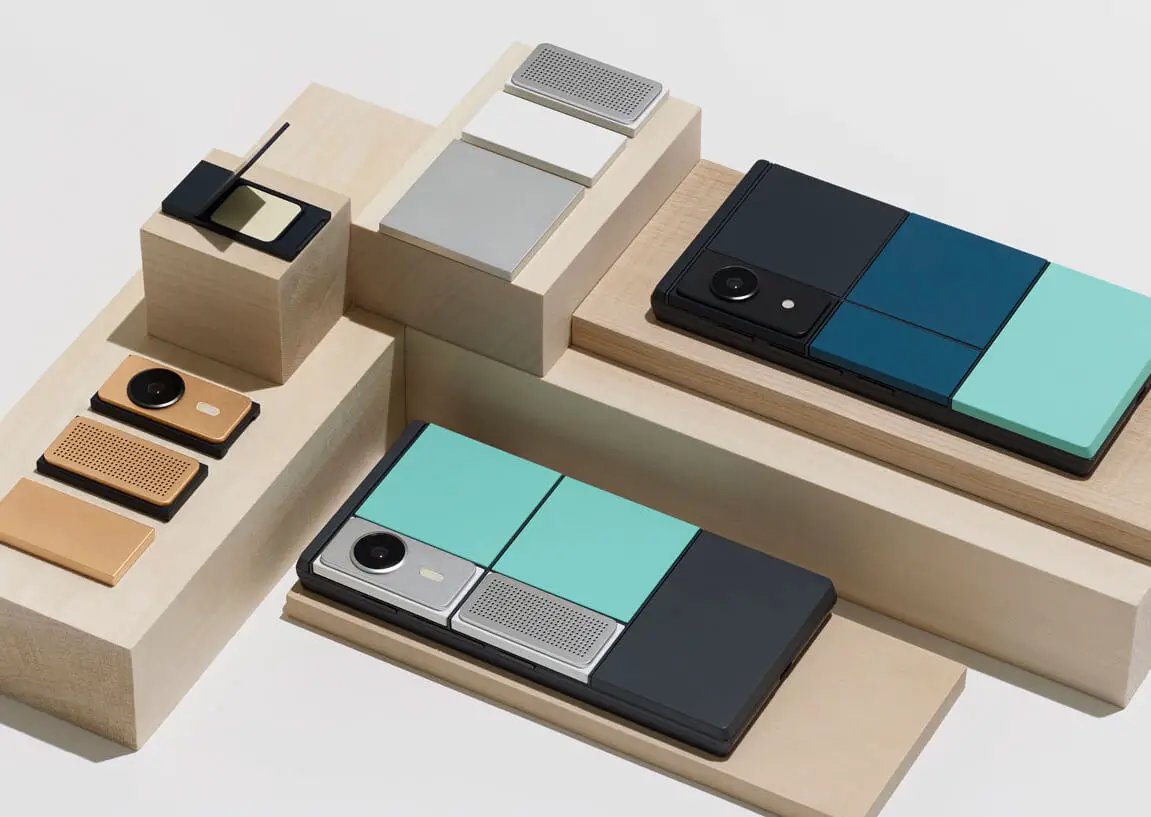
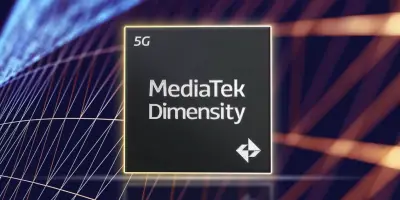



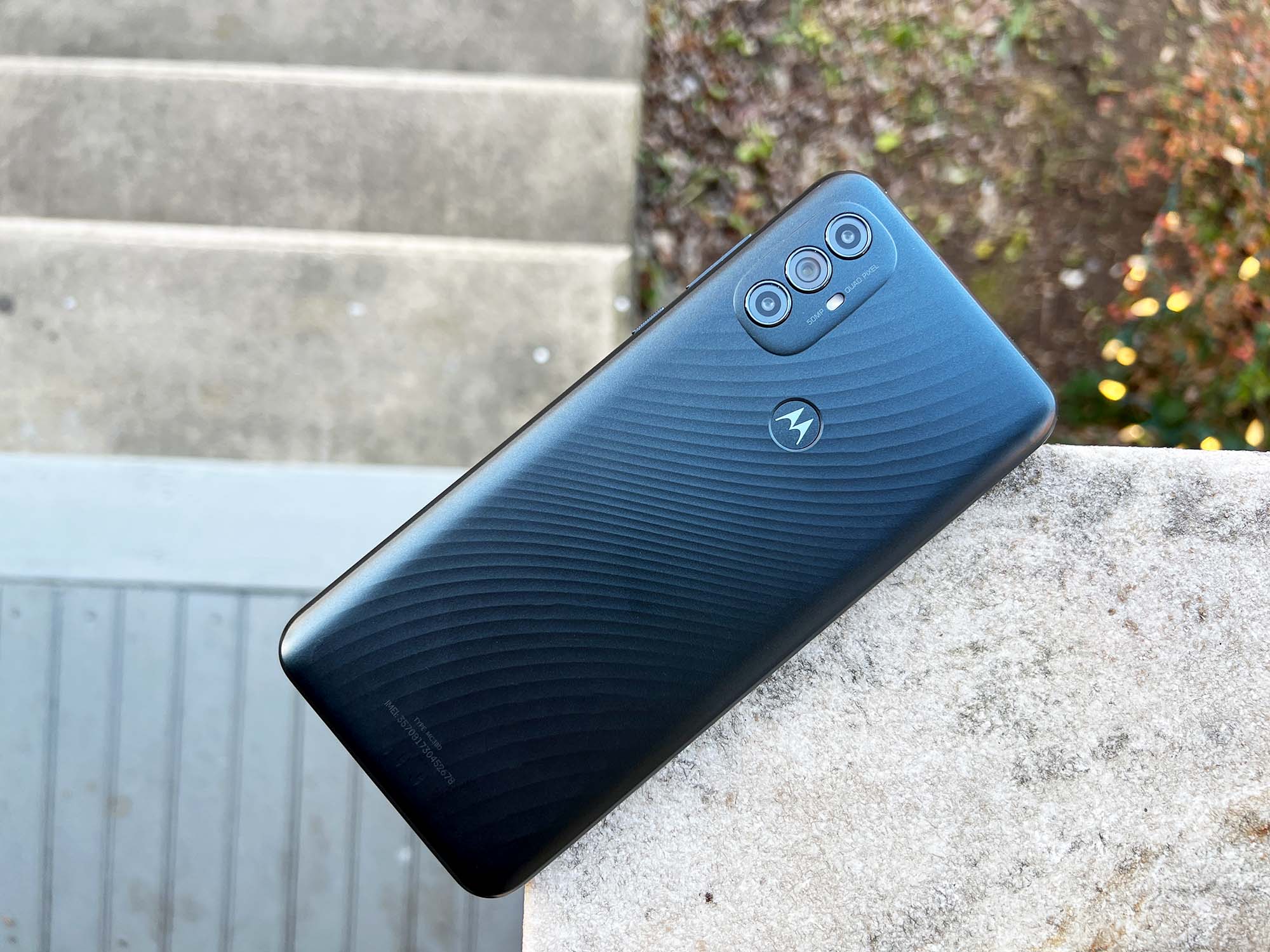

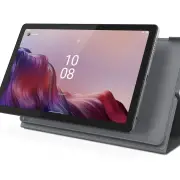
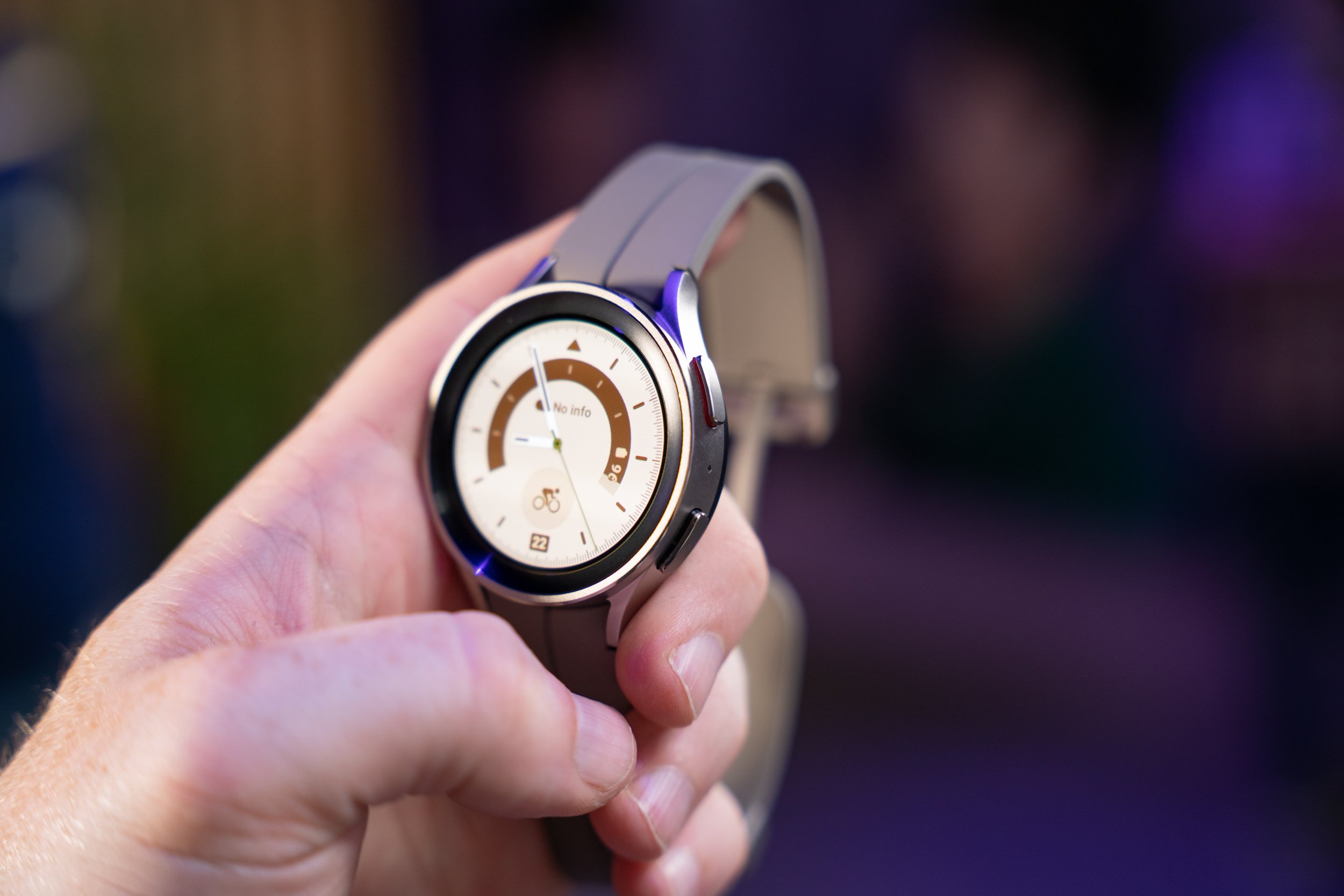

Comments